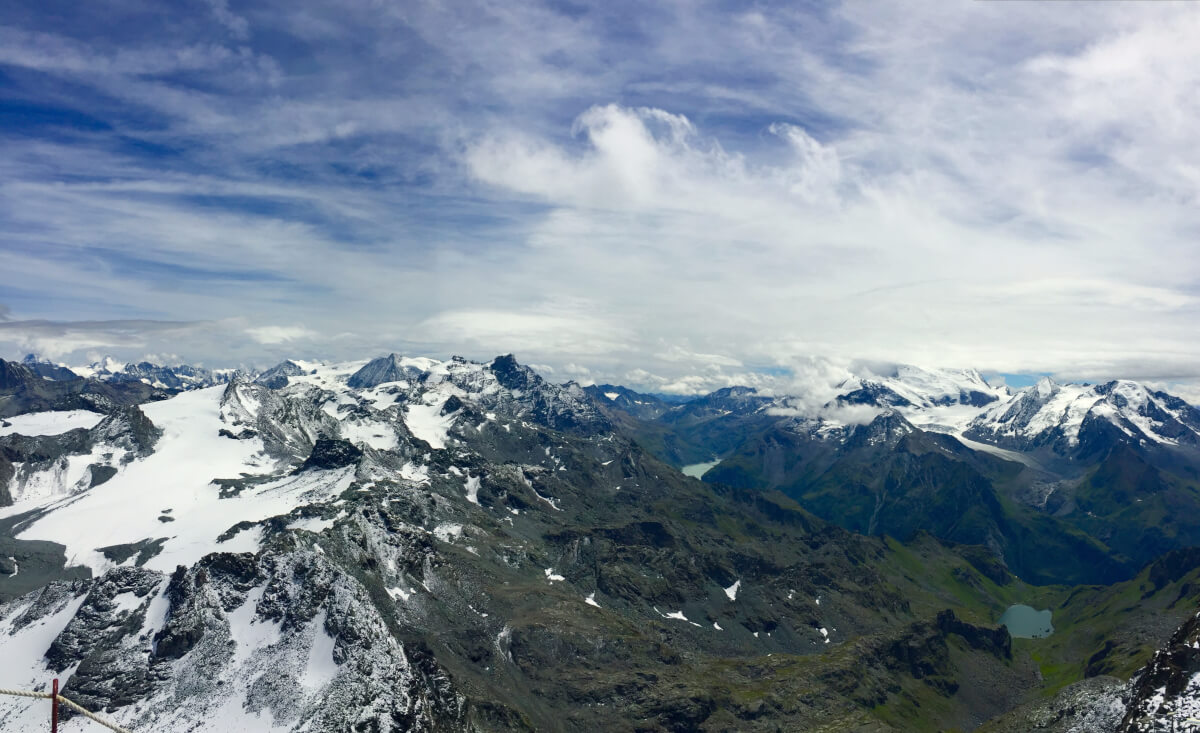
YOUNG MUSICIANS SCALE THE HEIGHTS AT VERBIER FESTIVAL
I am not surprised that so many musicians return to the Verbier Festival year after year. The top soloists probably don’t get paid as much as they normally would get for a concert, but the real carrot is that they […]
